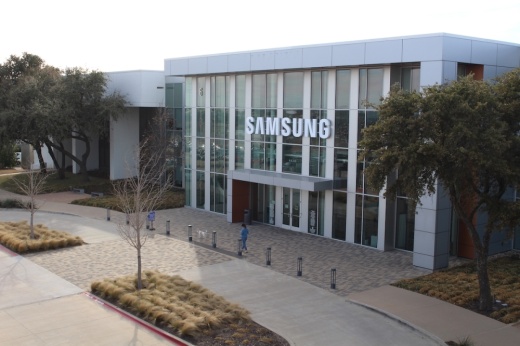Lawmakers approved the new Jobs, Energy, Technology and Innovation program—also known as House Bill 5—with bipartisan support last May. Eligible manufacturing, research and development companies that launch new projects in Texas can apply to receive a 10-year reduction in the property taxes they pay to local school districts.
To be eligible, the projects must create new salaried or contracted jobs with health benefits and competitive wages. Chapter 313 created over 14,000 new jobs through 2021, according to the Texas Comptroller’s Office.
How we got here
Texas senators chose not to renew Chapter 313 during the 2021 legislative session amid concerns about “corporate welfare” and inequity for public schools. The program ended in December 2022.
Some critics expressed concerns that corporations received too large of tax breaks under Chapter 313. Tax rates were previously determined based on a school district’s taxable value rather than the project’s market value, according to Dick Lavine, a senior fiscal analyst for progressive think tank Every Texan.
Companies will receive a 50% tax reduction under the new program. Texas will use its general revenue fund to reimburse districts for money lost due to the tax cuts. At the end of the regular legislative session, budget analysts said program costs “are expected to be significant” but did not provide a concrete estimate.
Projects will be eligible for a 75% tax abatement if they are located in low-income areas that have been deemed “opportunity zones” by the federal government.
Additional changes
School districts also received money directly from businesses under the old program, which critics said caused an unbalanced school finance system and encouraged districts to approve nearly all project applications.
These payments will not occur under the JETI program.
“A school district is going to have to make a decision really based on the reactions of its community and the good of the community,” Lavine said. “Since it won’t make any difference to them in their net school funding, they're going to have to decide whether this is the kind of [project] they want in their school district.”
The details
Projects eligible for the new program include:
- Manufacturing, including semiconductor production
- Utility and electric generation facilities
- The development of natural resources
- “Critical infrastructure,” such as water treatment plants and natural gas facilities
- Research and development companies
Last year, Gov. Greg Abbott and some Republican lawmakers said they did not support offering tax breaks to renewable energy companies, which made up about two-thirds of Chapter 313 projects.
Companies can submit project applications to the comptroller’s office. Affected school districts must hold public hearings to discuss potential projects in their areas and provide at least 15 days notice before a hearing.
School districts and the governor will have the final say in project approval.
The new program is located in Chapter 403 of the state tax code. It expires at the end of 2033, when lawmakers can choose to alter, extend or cancel it.
What they’re saying
“Texas is America’s jobs engine, thanks to our welcoming business climate, robust infrastructure, and skilled and growing workforce,” Abbott said in a news release announcing the opening of applications. “But we cannot be complacent as we now compete both nationally and globally in industry sectors critical for growth tomorrow.”





